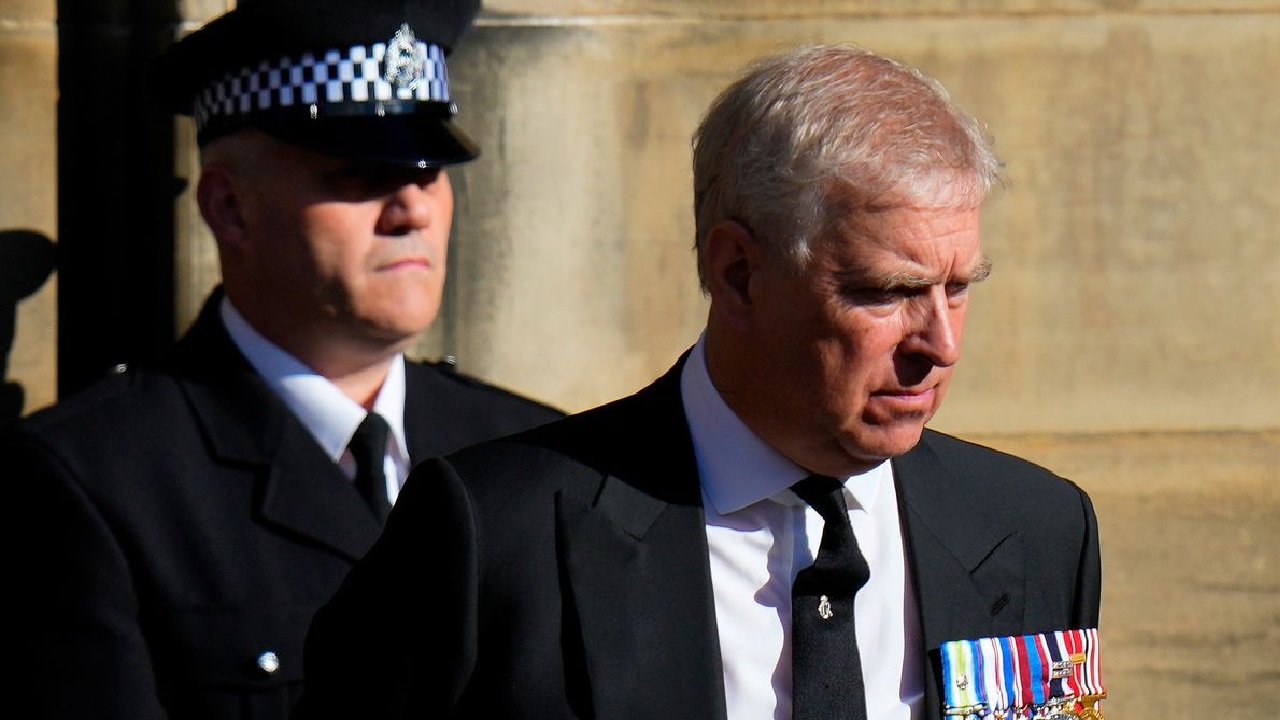US Department of State’s Accusations:
The US Department of State accused Russia of employing chemical weapons in Ukraine, including the banned choking agent chloropicrin, against Ukrainian troops. Sanctions were announced against over 280 individuals and entities for foreign aggression and internal repression. Washington also charged Russia with violating the international ban on chemical weapons and utilizing riot control agents as a method of warfare in Ukraine.
Imposition of Restrictions and Sanctions:
Re-imposition of restrictions on foreign military financing, US Government lines of credit, and export licenses for defense articles and national security-sensitive items going to Russia was announced. Sanctions were placed on three Russian government entities associated with Russia’s chemical and biological weapons programs, and four Russian companies contributing to such entities.
Objective of Sanctions:
The US aims to disrupt support for Russia’s military-industrial base and curtail its use of the international financial system to further its aggression against Ukraine. The US reiterated its solidarity with Russians striving for a more democratic future and Ukrainians defending their homeland against Russian aggression.
Chloropicrin Use by Russia:
Chloropicrin, a banned choking agent, was allegedly used by Russia against Ukrainian forces. This action violates the Chemical Weapons Convention (CWC). The US made this determination under the Chemical and Biological Weapons Control and Warfare Elimination Act of 1991.
Russian Entities Sanctioned:
Sanctions were imposed on the radiological, chemical, and biological defense troops of Russia’s defense ministry for their involvement in Moscow’s chemical weapons program. The Scientific Research Institute of Applied Acoustics and the Russian defense ministry’s 48th Central Scientific Research Institute were sanctioned for association with the biological weapons program.
Use of Riot Control Gases:
Ukrainian military reports indicate that Russia has increased its use of illegal riot control agents during its advances in eastern Ukraine. Alongside chloropicrin, Russian forces allegedly deployed grenades loaded with CS and CN gases, resulting in casualties among Ukrainian soldiers.
Comparison to Previous Incidents:
The use of riot control gases by Russia is likened to its previous poisoning operations, including those targeting opposition leader Alexei Navalny in 2020 and Sergei Skripal and his daughter Yulia in 2018 with the Novichok nerve agent.
US Treasury Sanctions:
The US Treasury imposed sanctions on three entities and two individuals involved in purchasing items for Russian military institutes associated with the country’s chemical and biological weapons programs.
Breaches of Chemical Weapons Convention:
Russia and Ukraine have accused each other of breaching the Chemical Weapons Convention in OPCW meetings, amidst ongoing tensions and conflicts in the region.
International Response and Implications:
The accusations and sanctions by the US underscore the escalating tensions and international scrutiny surrounding Russia’s actions in Ukraine. The use of chemical weapons and riot control agents raises concerns about the humanitarian impact of the conflict and the potential for further escalation. The international community is closely monitoring developments and exploring diplomatic efforts to address the crisis and prevent further violations of international law. The accusations and sanctions by the US underscore the escalating tensions and international scrutiny surrounding Russia’s actions in Ukraine, particularly regarding its alleged use of chemical weapons and riot control agents in the conflict.
(With inputs from agencies)








